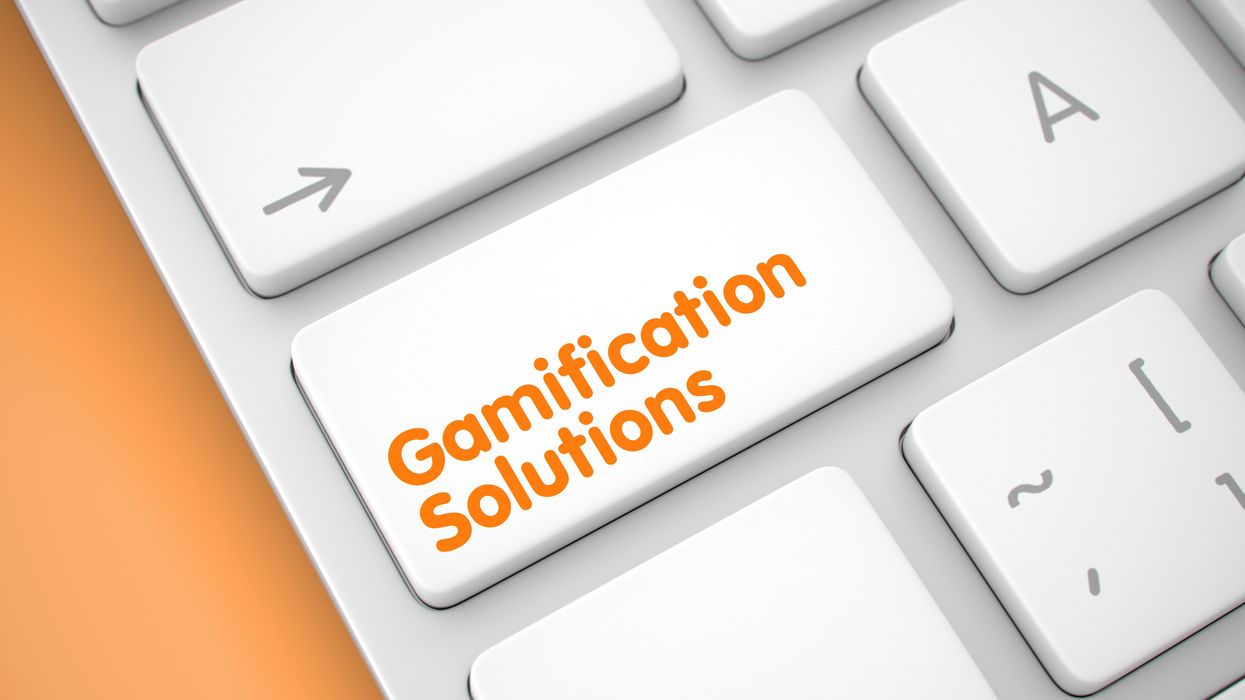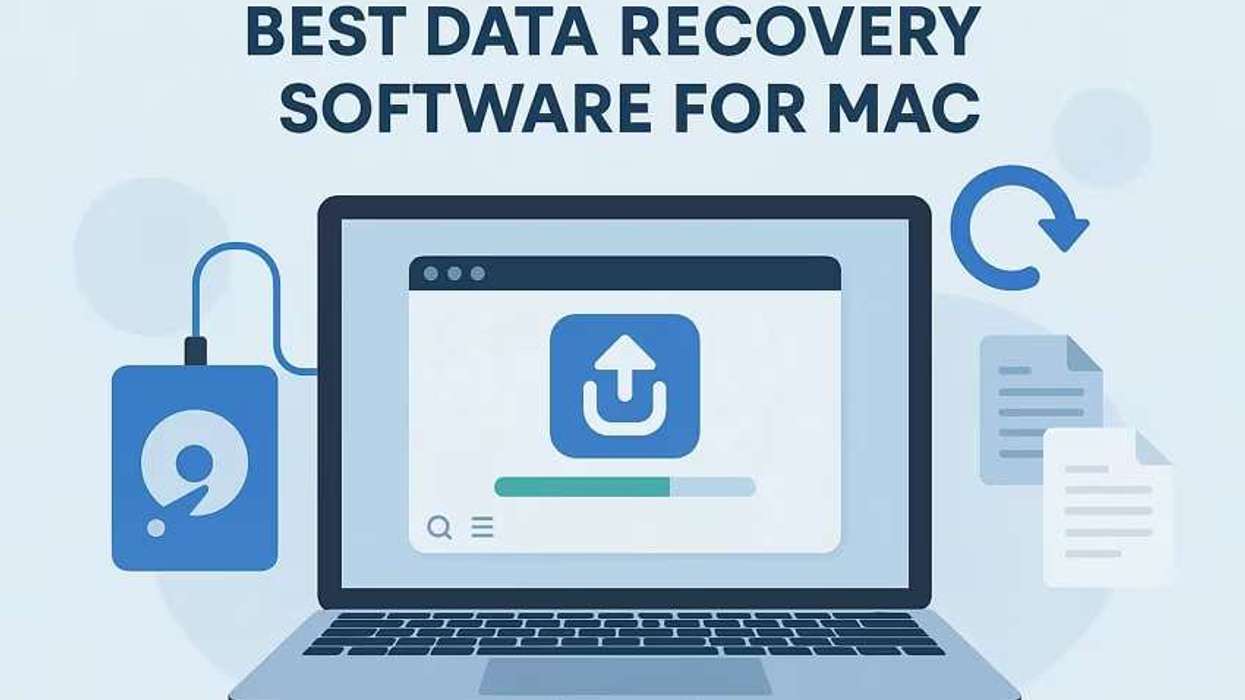In the competitive landscape of online gaming, retaining players is as crucial as acquiring them. Soft2Bet, a leading iGaming technology provider, offers a suite of advanced gamification tools designed to enhance player engagement and loyalty. By integrating these features, casino operators can create a dynamic and rewarding experience that keeps players coming back for more. In today’s saturated iGaming market, creating a unique and immersive experience is critical for success, and Soft2Bet’s gamification solutions offer the perfect remedy.
Understanding gamification in iGaming
Gamification, the application of game-like elements into non-game environments, has become a core strategy in the iGaming industry. It involves incorporating features such as tournaments, challenges, loyalty programmes, and leaderboards into the casino platform to encourage players to engage more frequently and deeply. Gamification fosters a sense of competition, achievement, and community, which enhances the player experience and makes the platform more enjoyable.
For players, these features increase motivation and offer more rewarding experiences, such as earning rewards and achieving milestones. For operators, gamification helps improve key metrics like player retention, overall engagement, and lifetime value. This is where Soft2Bet comes in, offering highly effective gamification solutions tailored to boost the player experience and increase overall platform performance.
Soft2bet’s MEGA: A comprehensive gamification solution
Soft2Bet’s Motivational Engineering Gaming Application (MEGA) is a flagship product designed to seamlessly integrate into casino platforms through a simple API. MEGA is a versatile tool that offers a range of features designed to elevate player engagement and loyalty. Operators can easily integrate MEGA into their platform and start offering their players unique and exciting gamification experiences.

Features of Soft2Bet’s MEGA
- Tournaments: Organise competitive events where players can compete against each other to win prizes based on their performance. This creates excitement and encourages players to return for each new tournament, knowing they can improve their rankings and earn rewards.
- Challenges: Set specific tasks and challenges that players can complete in exchange for rewards. This system promotes ongoing engagement as players seek to complete new challenges and achieve personal goals.
- Loyalty programmes: Reward players for their continued patronage with tiered rewards, exclusive bonuses, and special privileges. Loyalty systems increase player retention by incentivising frequent and consistent play.
- Seasonal engines: Introduce limited-time events and themes that change with the season, holidays, or special occasions. These events add variety to the gameplay experience and keep the content fresh and exciting for players.
These features are fully customisable, allowing operators to design a gamified experience tailored to their platform and audience needs. MEGA’s flexibility allows for an innovative approach to player retention while ensuring compliance with local regulations.
Benefits of implementing Soft2Bet’s gamification tools
Soft2Bet’s gamification tools provide substantial benefits for both players and operators. Integrating these features into your platform can lead to significant improvements in player engagement, loyalty, and revenue generation.

Increased player engagement
Gamification encourages players to interact more frequently with the platform. By offering tournaments, challenges, and exclusive events, players are motivated to return for new experiences and rewards. This increased engagement results in more screen time and a stronger emotional connection with the platform.
Enhanced player loyalty
Loyalty is crucial in iGaming, and gamification is one of the most effective ways to build and maintain it. Reward systems, achievements, and personalized experiences make players feel valued, increasing their likelihood of returning. Offering incentives such as tiered rewards ensures that players feel appreciated and rewarded for their continued play.
Higher revenue
Engaged and loyal players tend to spend more money on the platform, making frequent deposits and participating in premium offerings. Gamification features can lead to a notable increase in average revenue per user (ARPU), as well as an uptick in overall gaming revenue. Operators have reported a 65% rise in net gaming revenue (NGR) after implementing Soft2Bet’s gamification tools.
Competitive advantage
In a crowded iGaming market, differentiating your platform from competitors is vital. Soft2Bet’s unique gamification features offer casino operators a distinct edge, allowing them to stand out by delivering an engaging and immersive player experience. This differentiation is key to attracting and retaining players in the long term.
Real-world applications and success stories
Soft2Bet’s gamification tools have been implemented across various platforms, yielding impressive results. These real-world applications demonstrate the power and versatility of Soft2Bet’s solutions.
- Seasonal Christmas engine: A festive-themed gamification engine that allowed players to guide Santa through a snow-filled slope, collecting gifts and unlocking rewards. This event was highly successful, significantly increasing player engagement during the holiday period.
- Bonus dice engine: Designed for customer relationship management campaigns, this tool helped to bring back lapsed customers and improve customer retention. By offering bonuses and rewards through dice rolls, operators saw a marked improvement in return player rates.
These examples highlight how Soft2Bet’s gamification features can be tailored to specific themes and objectives, allowing operators to address unique challenges and enhance player engagement.
How to integrate Soft2Bet’s gamification features
Integrating Soft2Bet’s gamification tools into your casino platform is a simple and straightforward process. Here’s how operators can get started:
- API integration: MEGA’s features can be integrated into your platform through a simple API, minimising development time and complexity.
- Customisation: Work with Soft2Bet’s team to customise the gamification elements, ensuring they align with your platform’s needs, audience preferences, and regulatory requirements.
- Launch and monitor: After integration, operators can deploy the gamification features and monitor their performance. Soft2Bet’s analytics tools provide insights to help optimise player engagement and retention over time.
Soft2Bet offers comprehensive support throughout the integration process, ensuring a smooth and seamless experience for casino operators.
Driving loyalty through innovation
In today’s fast-paced and competitive iGaming market, retaining players is no longer optional; it’s essential. Soft2Bet’s gamification tools, including the MEGA platform, provide casino operators with the tools they need to create memorable, engaging experiences that keep players coming back for more. With measurable improvements in screen time, revenue, and customer satisfaction, these gamification features are not just enhancements; they are strategic assets. For operators looking to drive long-term success and growth, integrating Soft2Bet’s gamification solutions is the key to staying competitive in an ever-evolving industry.
For more information on Soft2Bet’s gamification solutions, visit Soft2Bet.





